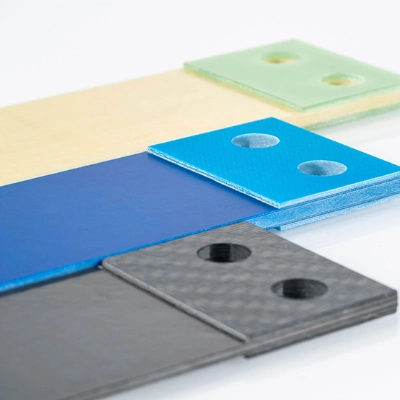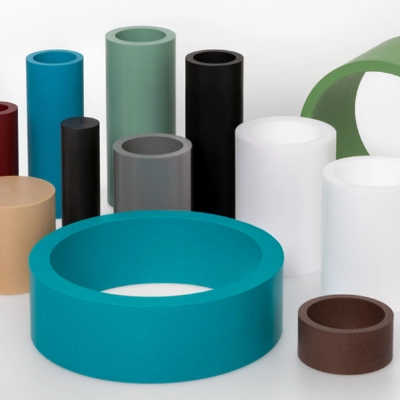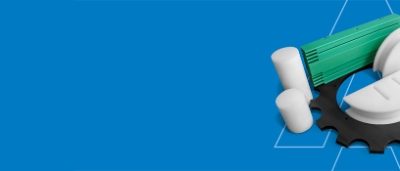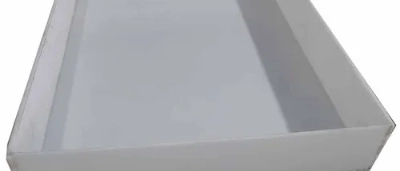
What is a Plastic Battery Tray?
We are referring to lead acid batteries that are used in trucks, buses, caravans and boats. To protect the vehicle from the corrosive nature of the acid from the battery specially fabricated plastic trays are used to retain any leaks or spillage. In some cases it is necessary to include guide rails to slip the battery into place.
Benefits of Fabricated Plastic Battery Trays and Guides
- Chemical and corrosive resistance – plastics in general have very high chemical and corrosive resistant, With Polytone 300, Polystone P and Trovidur EC-N being the most common and suitable materials to fabricated Battery Trays.
- Customisable – Plastic fabricated battery trays can easily be customized to suit the individual and unique battery storage and fixing requirements in vehicles.
- Low Friction – The low friction of plastics such as Polystone 7000 is ideal for guide rails.
Dotmar has qualified engineers that can provide direct support with fabricated plastic battery trays.
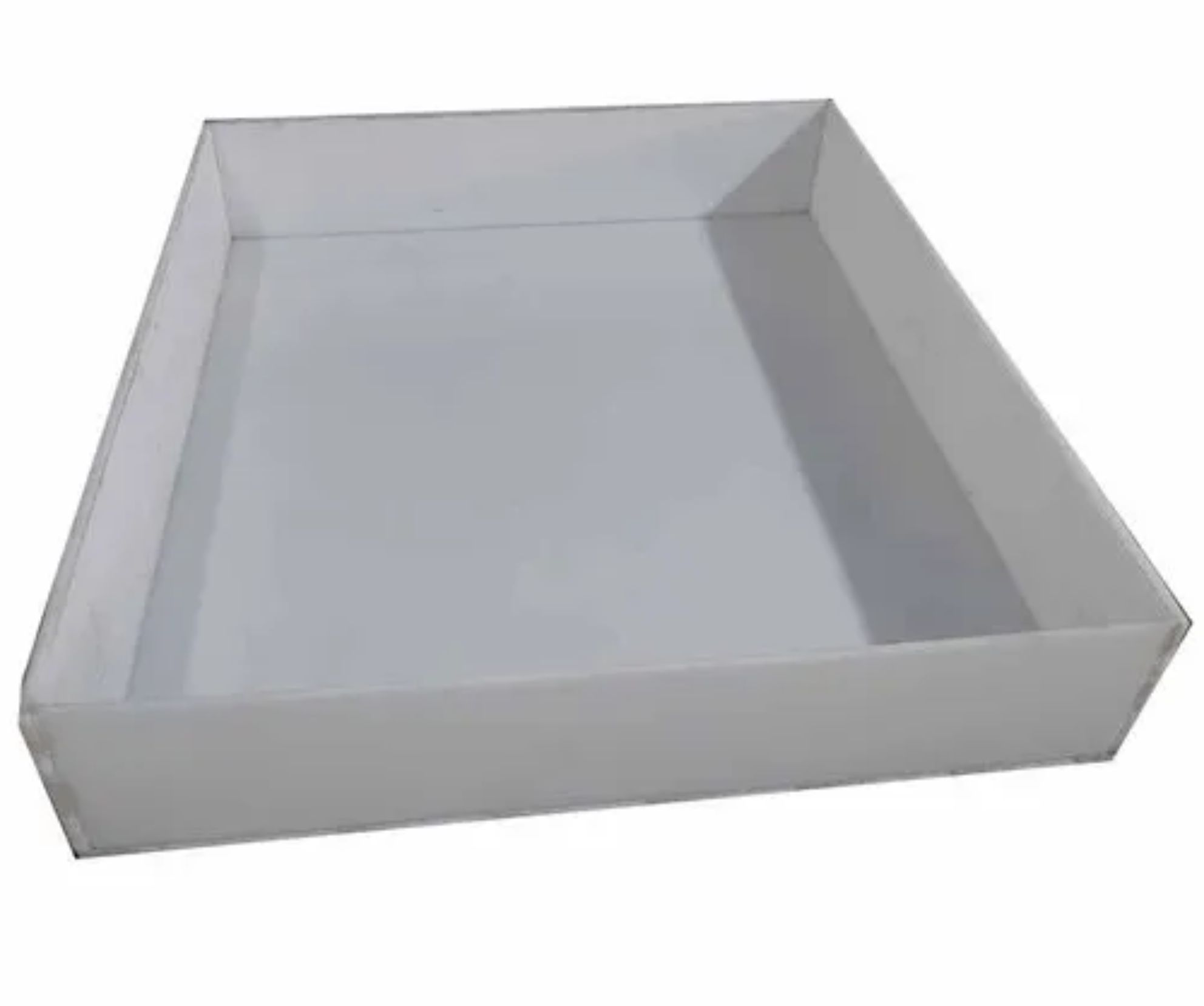
Contact us
Dotmar Engineering Plastics stands poised to address your unique challenges. Harness our expertise for bespoke engineering plastic solutions tailored to your specifications.
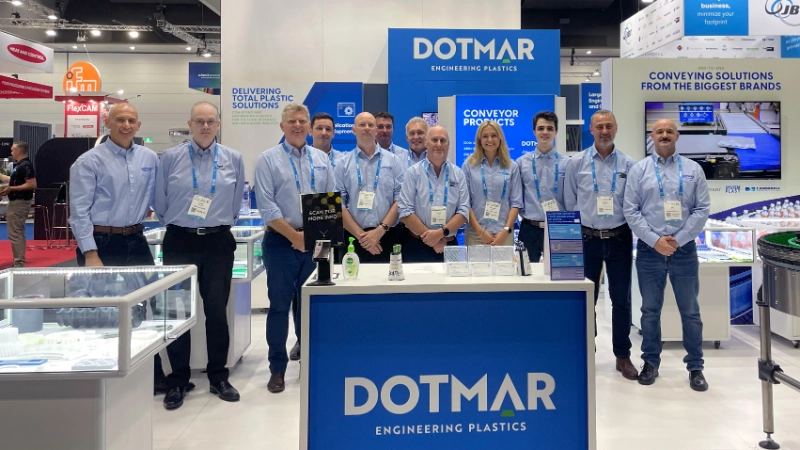
Insights
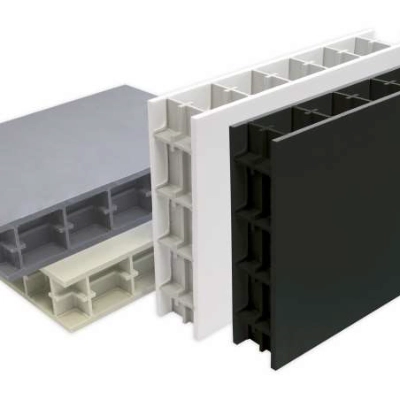
25 Nov 2024 Comparing the technical and commercial benefits of Polystone P CubX for rectangular plastic fabricated tanks and vessels
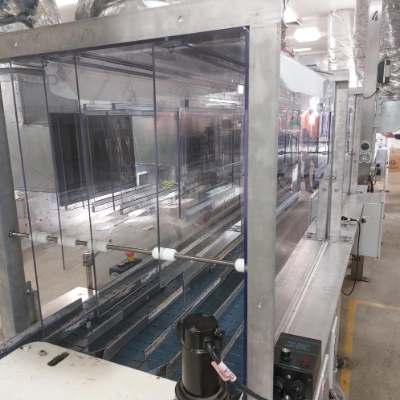
02 Sept 2024 Cooling Tunnel for Hot Filling Line

25 Nov 2024 Sentinel Boats: Pioneering Defence Durability with Polystone PG100 HDPE

03 Dec 2025 Smart Poly Trailers: Pioneering Plastic Trailers Built from Polystone 300

02 Sept 2024 Cooling Tunnel for Hot Filling Line
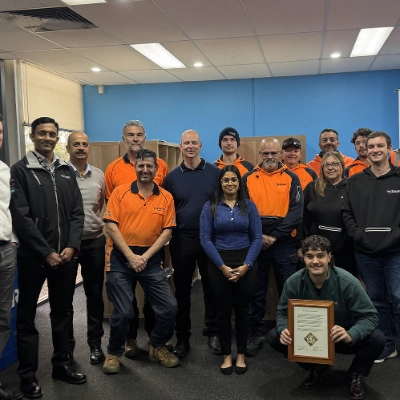
17 June 2025 Dotmar Victoria Receives PACCAR Kenworth Quality Award
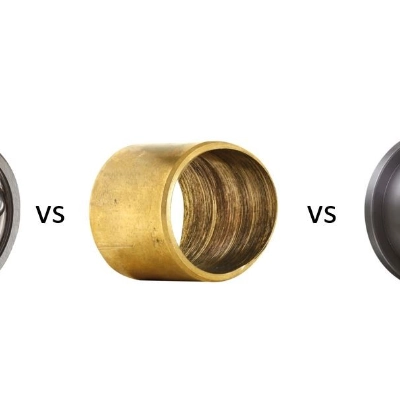
10 Oct 2024 Why use Engineering Plastic Bearings and Bushes?
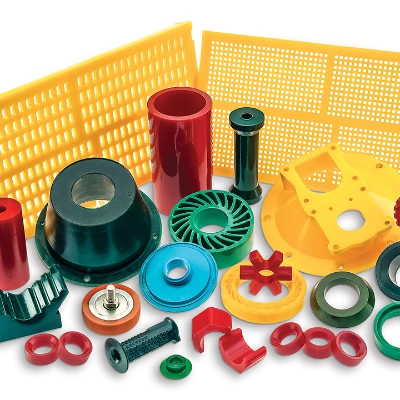
29 Sept 2024 Plastic Abbreviations
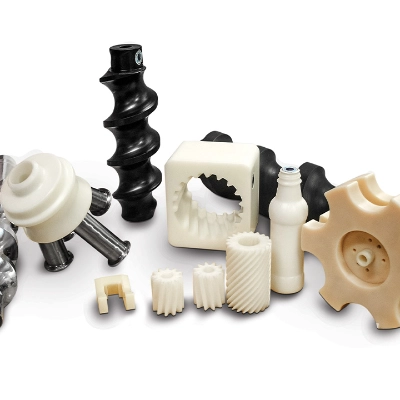
29 Sept 2024 Plastics Properties Table
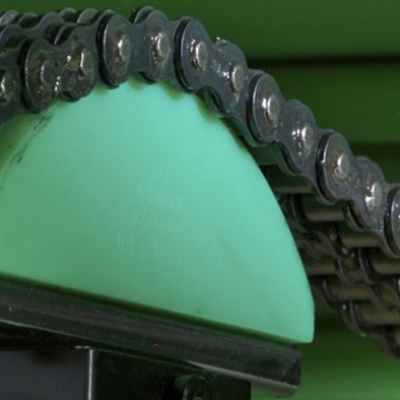
02 Sept 2024 Chain Tension-Right, or Short Chain Life
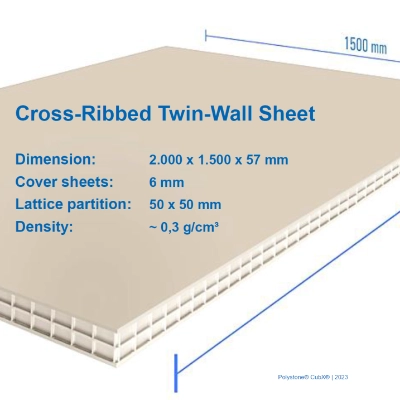
02 Sept 2024 Polystone CubX A Revolution in Rectangular Thermoplastic Tanks
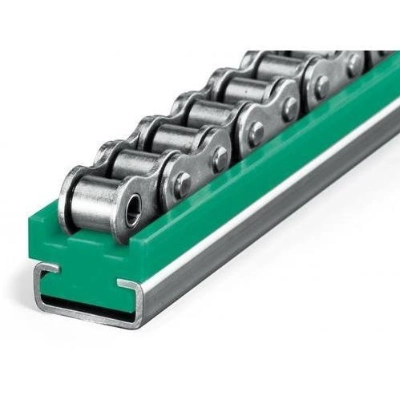
11 Oct 2024 UHMWPE-Why Does Molecular Weight matter?
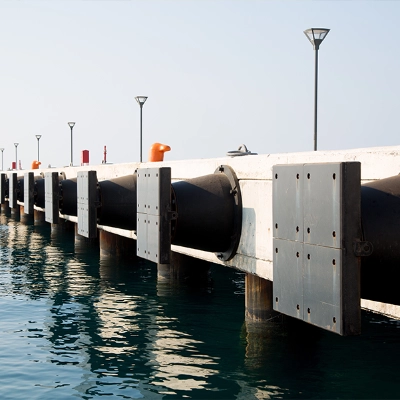
27 Sept 2024 Low Friction Wear Pads
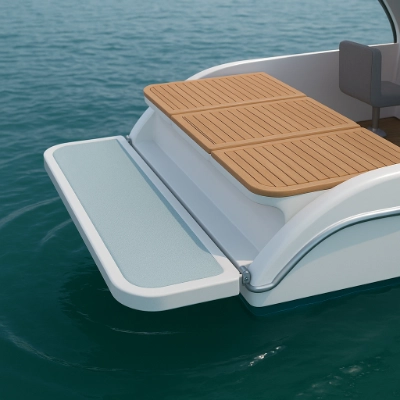
17 June 2025 Polystone G Checkerplate - Boat Applications
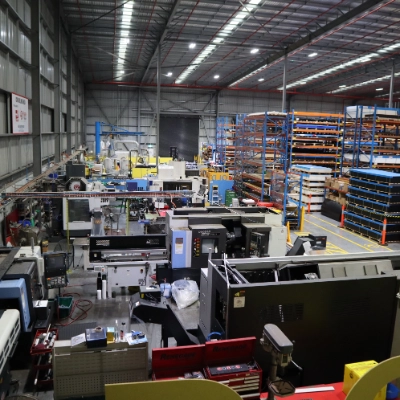
08 May 2025 Why Local Manufacturing is the Smarter Choice in 2025
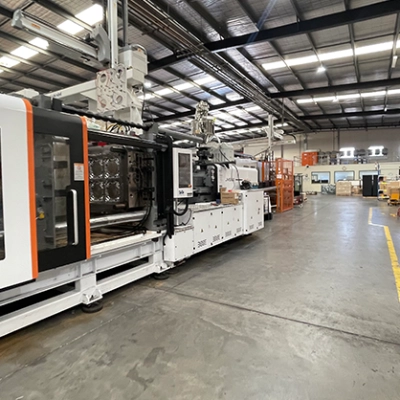
07 Apr 2025 Dotmar Injection Moulding

17 June 2025 Dotmar Victoria Receives PACCAR Kenworth Quality Award
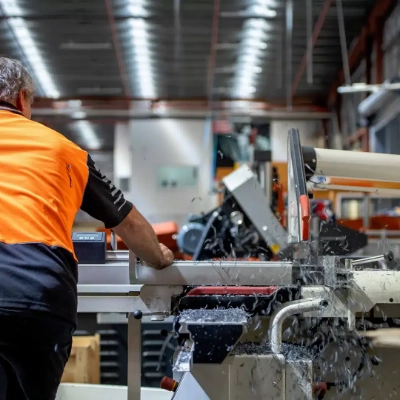
10 July 2025 Dotmar Engineering Plastics Acquires Kormax Plastics Division
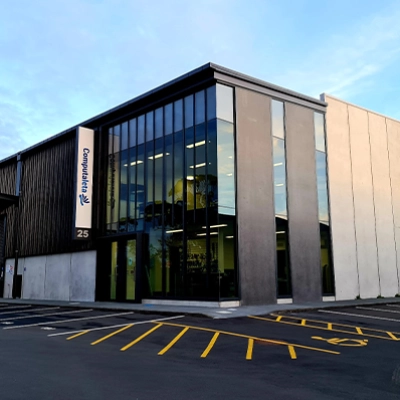
04 Aug 2025 Computaleta Joins MM Plastics
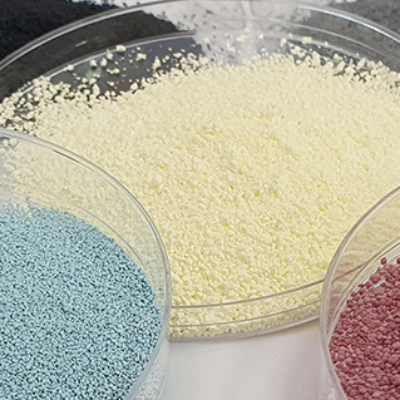
01 Sept 2025
Dotmar Engineering
Plastics Expands Capabilities with Fluoro Pacific Consolidation
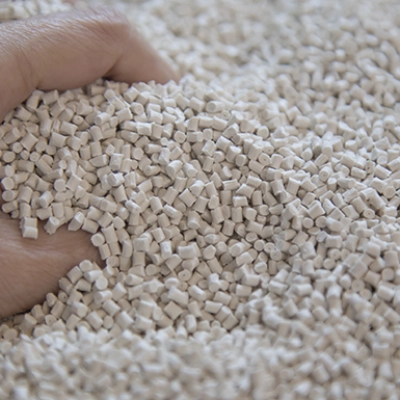
09 Feb 2025 Water Absorption of Nylons Pros, Cons and Busting Myths
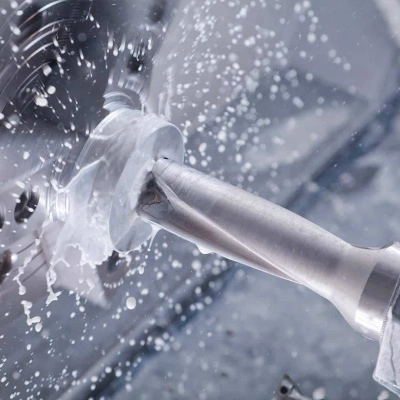
14 Jan 2025 Tips for Turning and Drilling Engineering Plastics
15 Nov 2024 Significantly Reduce Your Hangup and Carryback to Optimise Your Mining Operations

10 Oct 2024 Why use Engineering Plastic Bearings and Bushes?

29 Sept 2024 Plastic Abbreviations

29 Sept 2024 Plastics Properties Table

29 Sept 2024 Plastics Designing for Thermal Expansion

20 Oct 2024 Antistatic vs Static Dissipative Plastics
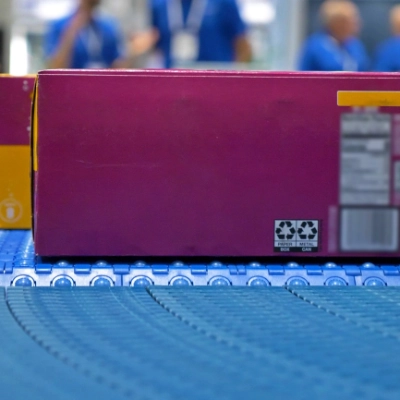
27 Sept 2024 REXNORD curve system with 1540 series MatTop

02 Sept 2024 Plastic Technical Tip-Water absorption in Nylon
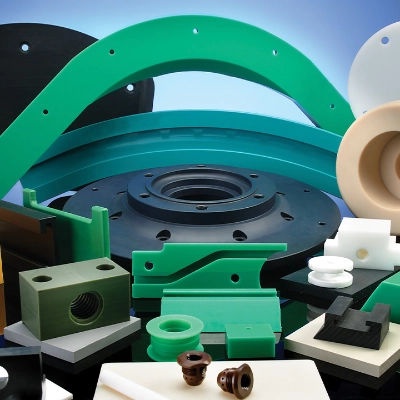
02 Sept 2024 Performance Pyramid

11 Oct 2024 UHMWPE-Why Does Molecular Weight matter?
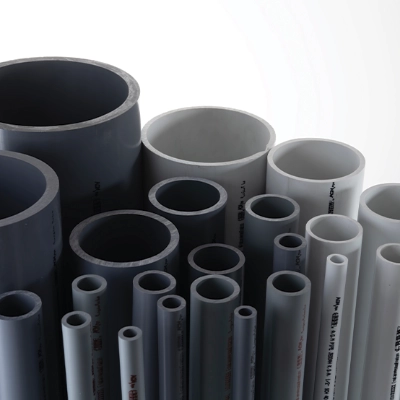
22 June 2025 HDPE vs PP vs PVC
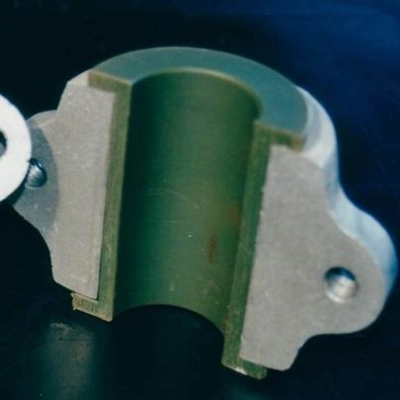
03 Dec 2025 Understanding Friction in Plain Bearings and Bushes
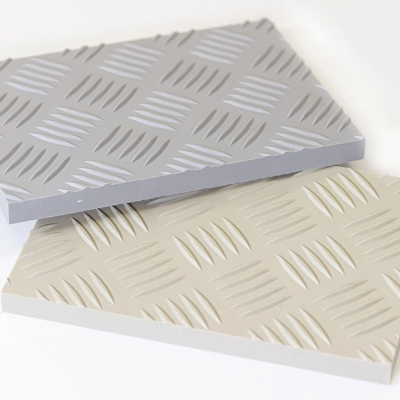
Dual-Finish HDPE Sheet: One Surface, Two Smart Benefits

25 Nov 2024 Rochling-Reloop: Leading the Way in Sustainable Plastics
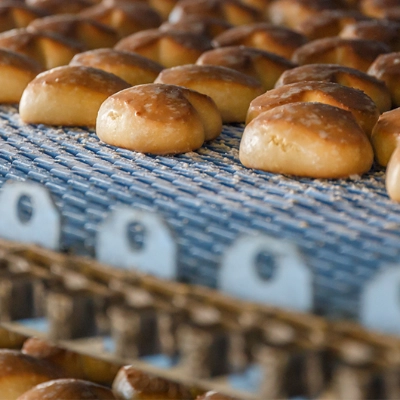
17 June 2025 Conveyor Products & Total Solutions for the Food and Beverage Processing & Packaging Industries
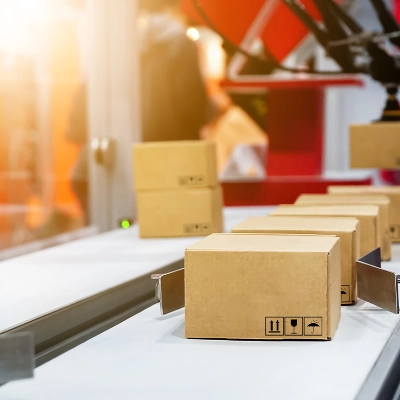
03 Dec 2024 Resistawear: Low Friction and Abrasion Resistant Tape
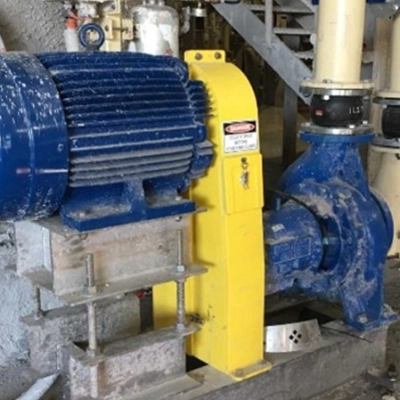
02 July 2025 Plastic Machine Guarding - Managing the Risks of Plant in the Workplace

17 June 2025 Polystone G Checkerplate - Boat Applications
